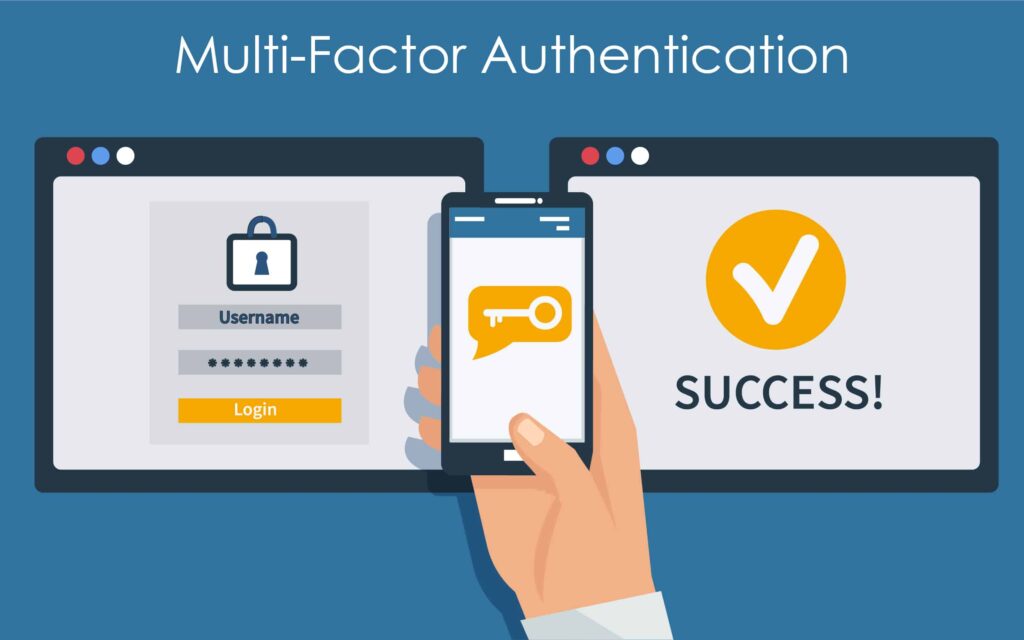|
What is Multi-Factor Authentication (MFA)?
MFA requires users to verify their identity using two or more factors before accessing cloud systems:
-
Something you know (password)
-
Something you have (authenticator app, hardware token, SMS code)
-
Something you are (biometrics like fingerprint or face recognition)
Even if a password is stolen, the attacker cannot proceed without the second or third factor.
Why SMEs Can No Longer Ignore MFA
1. Cloud Adoption Increases Risk
Cloud solutions are accessible from anywhere which is great for remote work but dangerous if access is not controlled. MFA ensures that only authorized users get in, even if credentials are exposed.
2. Compliance Requirements
Many industries now mandate MFA for data protection (e.g., GDPR, and PCI DSS). Implementing MFA helps SMEs avoid regulatory penalties and demonstrates due diligence in protecting customer and financial data.
3. Cost-Effective Security
Most modern cloud platforms offer built-in MFA at no extra cost. Free options like Microsoft Authenticator, Google Authenticator, or Duo Security can be easily implemented without purchasing additional hardware.
4. Reduced Downtime and Financial Loss
The cost of a data breach can be devastating for an SME. By blocking unauthorized access attempts early, MFA prevents business interruption, data loss, and expensive incident response.
5. Building Trust with Clients and Partners
In today’s interconnected business environment, SMEs often share data with suppliers, clients, or remote teams. Securing access with MFA builds confidence and protects relationships.
Making MFA Easy for Your Team
-
Educate employees about phishing and why MFA matters.
-
Enforce MFA on all cloud applications and admin consoles.
-
Enable SSO with MFA to simplify user access while maintaining security.
-
Monitor usage to ensure everyone stays compliant.
Final Thoughts
As SMEs embrace cloud computing to grow and compete, the digital front door must be tightly guarded. Multi-Factor Authentication is no longer a nice-to-have; it is an essential line of defence against cyber threats.
The investment in MFA is small compared to the potential cost of a breach. SMEs that act now will not only strengthen their security posture but also position themselves as trustworthy partners in today’s digital ecosystem.
Written by:
Dennis E. K. Hatsu
Director, Multisoft Advisory Services.
|



